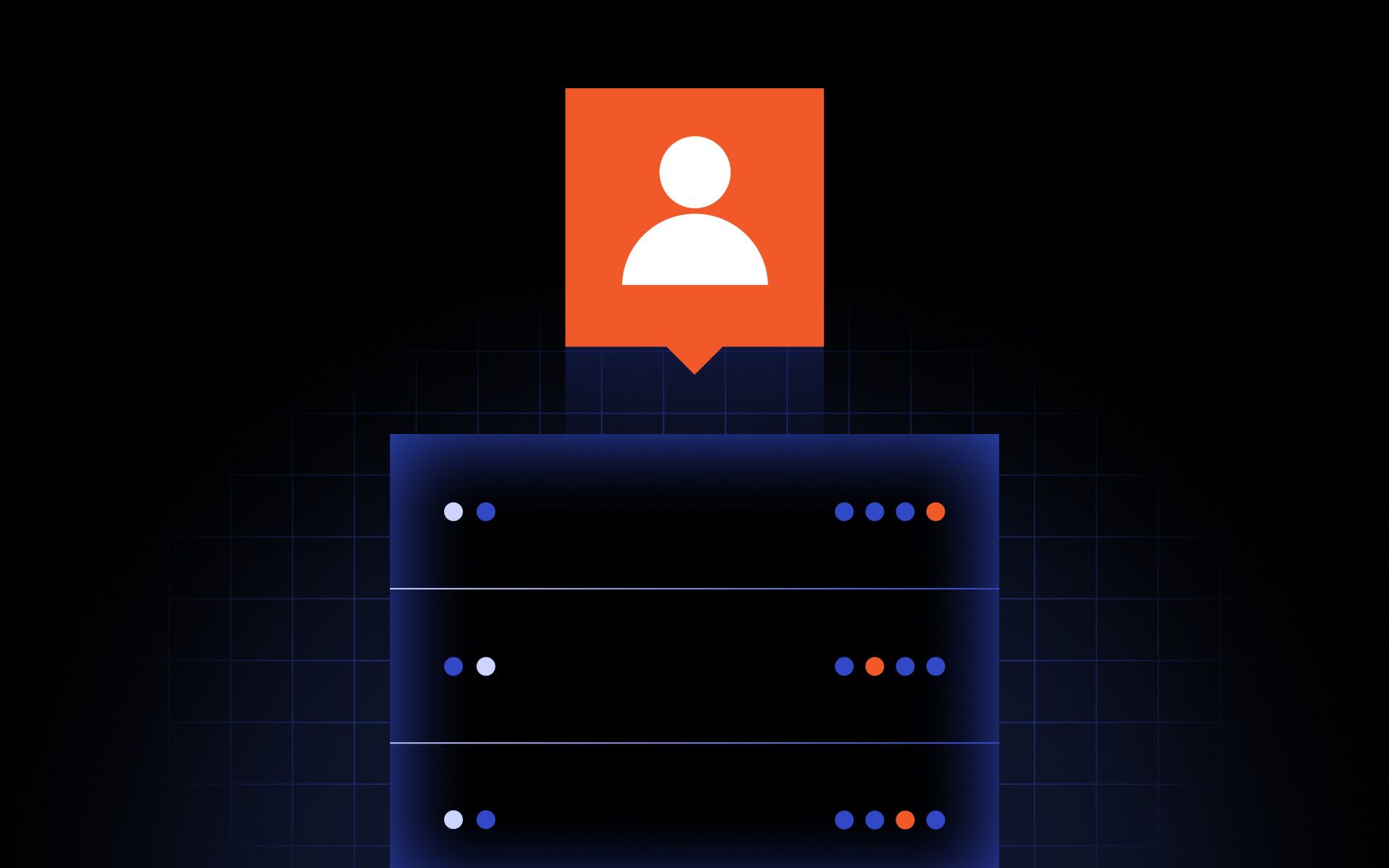Key takeaways:
- Dedicated proxies assign IP addresses exclusively to a single user, avoiding many drawbacks of shared proxies.
- Due to greater speed, better proxy control, and other benefits, dedicated proxies excel at SEO, data collection, ad verification, multi-accounting, and other tasks.
- The choice of dedicated proxy type and provider depends on your use case. Generally, the best dedicated proxies balance performance with affordability.
Exclusive access is the way most prefer to use their products and services. Sharing a bus with other passengers, for instance, is much less desirable than driving your own car. And as services get more important, our preferences tend to lean towards exclusiveness.
Private (dedicated) proxies are the equivalent of driving your own car when others ride the communally shared bus.
While there's nothing wrong with sharing your proxy IP addresses occasionally, everybody's got their own expectations. Increased data privacy concerns, geo-restrictions, and increasingly complex automation projects make buying dedicated proxies a necessity.
What are dedicated proxies?
Also known as private proxies, dedicated proxies are a proxy server type that gives exclusive access to a single user. Just like any other proxy, it routes your internet traffic and changes your IP address, but for one and only one user.
In practice, it means you have full control over the resources of the proxy server and its IP reputation. A dedicated proxy server won't use resources for other tasks when you don't need it, and it won't visit websites you don't visit with it.
Sometimes the name of dedicated proxies is reserved for proxies optimized to specific tasks, such as sneaker proxies or social media proxies. We'll use the term interchangeably with private proxies, as it best highlights how it differs from other proxy types.
Dedicated proxies vs shared proxies
Private proxies are in complete opposition to shared proxies. As the name suggests, they are accessed by multiple users concurrently in order to lower costs. While this is an important benefit, it also creates drawbacks that a dedicated proxy server avoids.
Shared IP addresses are flagged, blacklisted or banned by websites or services more frequently. More users increase the chances of misbehavior. It also requires more resources from the proxy server, as you cannot control what tasks others are doing.
Dedicated proxies vs rotating proxies
IP rotation is common with shared proxies, as it lowers the risk of restrictions and can even help distribute server load. With rotation, a new IP address is assigned with every connection or for a set period, from one second to seven days.
When you buy dedicated proxies, one static IP will remain for your exclusive use as long as needed. If you have a pool of multiple dedicated IPs, you can rotate them yourself with additional configuration, but usually, the IP rotation in rotating proxies comes from the provider.
Proxy types overview
At least four other proxy types can be distinguished based on the source of the IP address used. Typically, only the most legitimate IPs are used as dedicated proxies, while more detectable proxy servers are better suited as shared rotating ones.
- Residential proxies come from physical devices and use residential Internet Service Provider (ISP) assigned IPs. They are often used as dedicated proxies.
- Datacenter proxies are hosted in bulk on servers in data centers using virtual machines.
- Static residential (ISP) proxies sit between residential and datacenter proxies, offering residential IP legitimacy while running on powerful data center connections.
- Mobile proxies use cellular internet connections assigned to mobile devices to source proxy IP addresses. Since mobile connections are dynamic, dedicated mobile proxies are rare.
Benefits of dedicated proxies
- Reduced risk of restrictions for the IP address, such as CAPTCHA or bans, is guaranteed since you are the only one using a dedicated proxy.
- Faster speeds come from the fact that you don't need to share network infrastructure with anyone else.
- Consistent location targeting is ensured by the fact that you can use the same IP address for prolonged periods.
- Full connection and IP control allow you to decide when the dedicated proxy is used, without regard to surges in other users' activity.
Top use cases for dedicated proxies in 2025
Dedicated proxies can be used for every task that proxies are associated with, but the extra price might not be worth it in every scenario. Some top dedicated proxy use cases stand out as the most worthy of exclusive access to proxy servers.
- SEO tracking tools. Private proxy access gives consistent and uninterrupted IP addresses in the needed locations when collecting analytics data or performing other SEO tasks.
- Web scraping. Exclusive access ensures better anti-scraping avoidance, and with dedicated datacenter proxies, you can also expect fast speeds when working with lots of data.
- Ad verification. Accurate location targeting for long periods of time is easier with dedicated proxies, as it can match real user profiles when verifying your ads.
- Multi-account management. Retaining a consistent online identity is crucial for managing multiple social media or e-commerce accounts. A private proxy ensures access to a legitimate IP for as long as you need.
- QA testing. Accessing apps or websites to stress test their capabilities might require specific access points that private proxies, especially dedicated datacenter proxies, can provide.
Dedicated residential, datacenter, mobile, and ISP proxies
Cheap and customizable pricing plans with lots of real IPs with global coverage
Dedicated residential, ISP, mobile, and datacenter proxies.
Powerful and ethically sourced proxies with global coverage in 195+ countries.
Dedicated residential, mobile, datacenter, and ISP proxies.
Large proxy pool, focused on data collection APIs and other similar tools.
Dedicated ISP and datacenter proxies.
Versatile proxy network with lots of IPs and decent geo-targeting.
Residential, ISP, and datacenter private proxies.
A user-friendly platform to buy proxies from a global pool.
How to choose the right dedicated proxy provider
When selecting a dedicated proxy provider, ensure you’re getting the quality you pay for. Regardless of your use case, look into the uptime statistics and check the performance reviews from other users on platforms like Trustpilot.
The rest should be determined by your potential use cases for dedicated proxies. Web scraping tasks, for example, might require a pool of fast datacenter or quality dedicated residential proxies, while work with social media might need mobile proxies.
The IP pool should be reasonably widespread, with a similar number of IP addresses in major countries of interest. Most proxy providers these days brag about hundreds of locations, but there must be enough proxies in key areas of your interest.
Using dedicated proxies in scripts or integrating into various software might require specific protocols, such as SOCKS5, or common authentication methods. Be sure that these functions, if needed, are accessible from the dashboard conveniently.
Final thoughts
The best dedicated proxies are those that balance overall performance, anonymity, and price. While there's a strong case for dedicated residential proxies, it still depends on your use case. Web scraping, for example, might require more IPs, so cheaper types might be needed. Don't be afraid to test different options.
What is a semi-dedicated proxy, and when should I use one?
A semi-dedicated proxy offers an in-between solution. It's a proxy server shared with a select few, often two or three, users. While it's not a completely private proxy, it offers many of the same benefits at lower prices. It's best when you are on a tight budget but still need a dedicated proxy server.
Do dedicated proxies come with unlimited bandwidth?
Not necessarily, although many of them do. Marsproxies' dedicated residential proxies and dedicated datacenter proxies come with unlimited bandwidth regardless of the number of IP addresses you buy. Ultimately, the bandwidth you get for your proxies depends on your provider and proxy type.
Can dedicated proxies rotate IP addresses or support sticky sessions?
By default, dedicated proxies are static, meaning that the same IP address is exclusively assigned to you. However, if you own multiple dedicated IP addresses, you can configure IP rotation in your own dedicated proxy network. Sticky sessions are more applicable to rotating proxies and allow for retaining the same IP address for longer.
What authentication methods do proxy providers typically support?
The two most common proxy authentication methods are username/password-based authentication and IP whitelisting for network-based proxy access. All types of MarsProxies proxies support both of these methods, easily set up from the dashboard.
What’s the difference between fresh dedicated proxies and reused ones?
In the context of proxy servers, a fresh proxy is one that has never been used as a proxy server before or, at least, hasn't been used as a proxy for a long time. Quality dedicated proxies usually provide such IP addresses to users, while shared proxies more often reuse proxy IP addresses.




